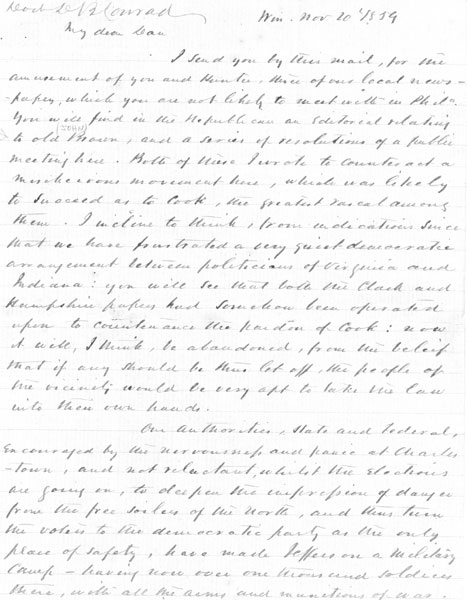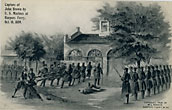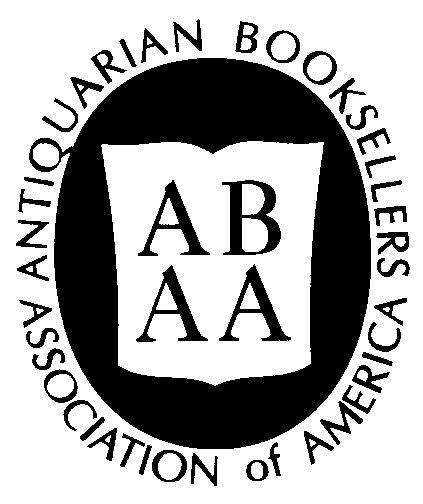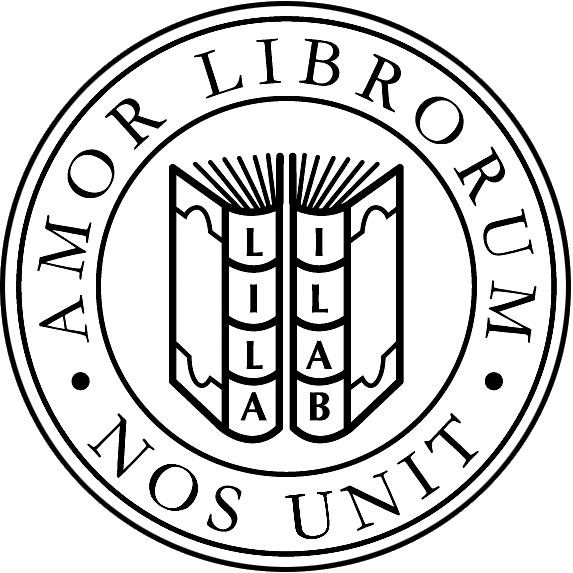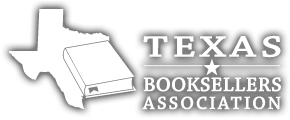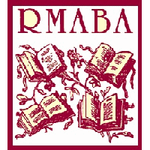Dealer in Rare and First-Edition Books: Western Americana; Mystery, Detective, and Espionage Fiction
Autographed Letter Signed November 20, 1859, By Judge Robert Young Conrad (1805-1875), Winchester, Virginia To His Son, Dr. Daniel Burr Conrad (1831-1898), Who Was In Post-Doctoral Study In Philadelphia At The University Of Pennsylvania. Good Content About The Fallout Of The Failed Attempt By John Brown To Cause A Slave Insurrection By His Raid On The Harpers Ferry Federal Arsenal
JUDGE ROBERT YOUNG CONRAD
Other works by JUDGE ROBERT YOUNG CONRADPublication: Judge Robert Young Conrad (Letter Writer), 1859, Winchester, Viriginia
A two-page letter written on both sides, dated 11/20/1859 and signed by Judge Robert Young Conrad. Harpers Ferry was attacked by John Brown (1800-1859) and 21 co-conspirators on 10/16/1859 in an effort to initiate a slave revolt. A contingent of U. S. Marines under Col. Robert E. Lee crushed the rebellion on 10/18/1859. The conspirators were either killed (10) or captured (7) with 5 escapees who were never captured. John Brown was tried in Charles Town (10/25/1859 to 11/2/1859), found guilty and hung on 12/2/1859. Letter writer Conrad took personal animus with John Edwin Cook (1829-1859), who escaped into Pennsylvania, but was quickly captured, tried and executed by hanging on 12/16/1859, along with several other conspirators. He particularly was upset about the attempt of Indiana Governor A.P. Willard to have Cook pardoned: if that succeeded, much of Virginia would have been up in arms. The Harpers Ferry attack caused great anxiety throughout the USA and was a leading drive toward secession and the Civil War. In the South, the raid raised concerns about the potential for Virginia real slave revolts. Virginia called out their militia to hunt down instigating abolitionists, some of whom were suspected of being in the Blue Ridge Mountains near Winchester. The Conrads were a slave holding family, thoroughly southern in their point of view. Letter author assured his son that everyone in his town of Winchester was pro-slavery and who did not understand or countenance the Virginia militia stirring up the population there. Conrad Senior was a delegate to all the Virginia secession conventions. Initially wanting to keep the union together, he changed his vote to secede after Lincoln called up 75,000 troops after Fort Sumter. Besides reporting on the Harpers Ferry fallout in this letter the senior Conrad tries to encourage his son in his medical studies. Son Daniel received his MD degree in 1853. He then served six years in the US Navy prior to resuming studies at the University of Pennsylvania medical school. When the Civil War broke out in 1861, Dan Conrad served the Confederate Navy for all four years as a Surgeon. In addition to the two inked pages of the letter is included a pictorial postcard titled "Capture of John Brown by U. S. Marines at Harpers Ferry, Oct. 18, 1859." The postcard is published in 1908 by W. L. Erwin of Harpers Ferry, West Virginia, and is in fine condition. The letters show creases from being folded and the outer folds are toned, else in very good condition. Complete typed translation of the letters has been included.
Inventory Number: 46613Sold -- Contact us

